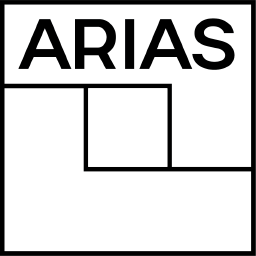In response, ARIAS has initiated thematic working groups that foster collaborative and transdisciplinary research to explore, reimagine, and speculate possible ways of being and ‘staying with the trouble’ of our time.
Even when it is not explicit, we see these questions connected in one way or another through the lens of planetary health and the ongoing climate crisis. From the way we engage and design our environments and technologies, to our economic systems. From care practices, pandemics and social injustice, to the way we relate to our bodies. From the oceans to the cities, and from physical resources to digital clouds, the ARIAS thematic working groups look to connect important questions that are entangled with the ways we research, create knowledge, and, as a consequence, see and reshape the world.
Therefore, these groups are created to touch upon urgent topics and ongoing societal events that have a deep impact on our lives on Earth at many different scales.
In this manner, ARIAS brings artists and researchers together to reflect and generate a place for meaningful encounters, hoping to encourage the creation of new knowledge engagement with different methods and to foster a diverse community of critical thinkers within the arts and the sciences.



